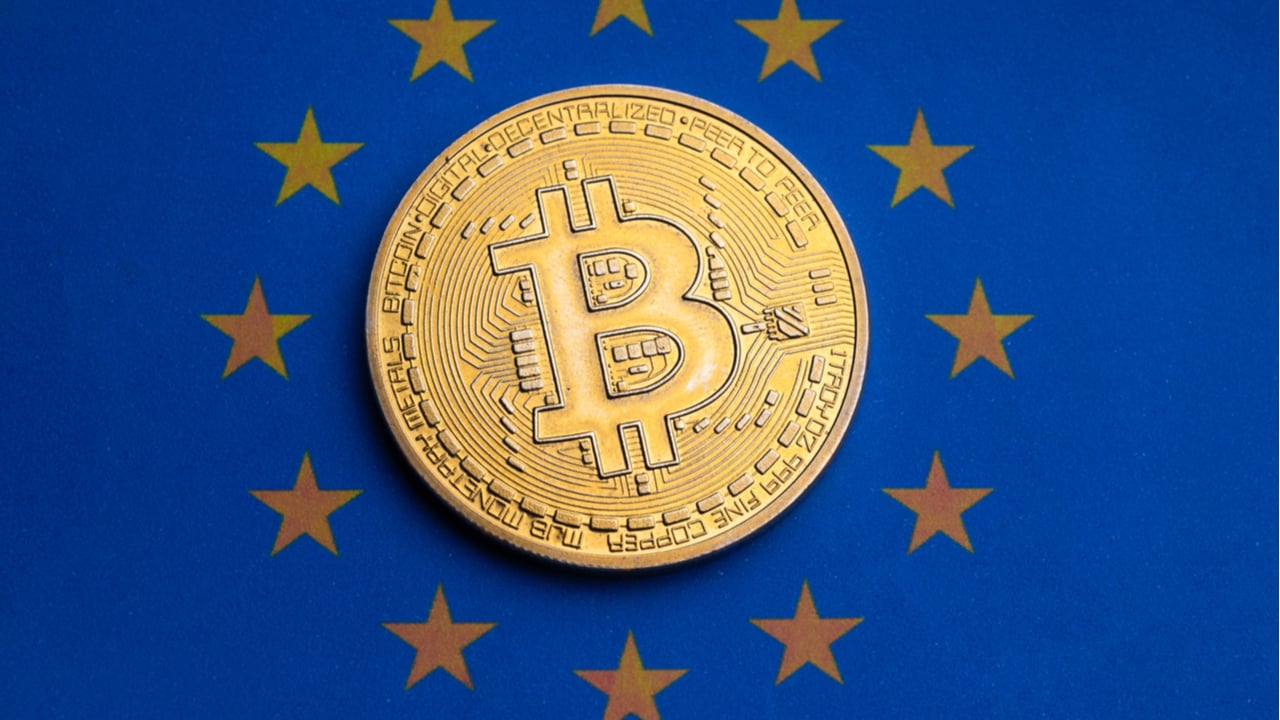
Most European citizens reject the idea of a cryptocurrency regulation regime imposed by the European Union (EU) on its member states, according to a recent survey. Most surveyed citizens lean towards independent cryptocurrency regulation in each country, compared to 25% that approve an EU-imposed regulation. However, most of the citizens polled acknowledged they still don’t know much about cryptocurrencies in the first place.
Europeans Reject EU Crypto Laws, Favor Local Proposals
European citizens are against the establishment of EU-imposed cryptocurrency-related laws, according to a recent survey ordered by Euronews. The poll, that was carried out by Redfield & Wilton Strategies, a global consulting firm, polled more than 31,000 citizens in 12 states of the European block: Germany, Estonia, France, Greece, Hungary, Italy, Latvia, Lithuania, the Netherlands, Poland, Portugal, and Spain.
The survey found that most Europeans support locally issued laws instead of a set of rules imposed by the European Union. Citizens from Greece (51%), Italy (47%), Estonia (46%), Netherlands (41%), Germany (40%), Latvia (39%), and France (37%) said they would prefer their own government to regulate cryptocurrencies.
Also, a surprisingly high number of citizens would prefer the issuance of local cryptocurrencies instead of a digital euro, something that shows more and more Europeans blame economic inefficiencies on the European Union integration. Dimitar Lilkov, from the Wilfried Martens Center for European Studies in Brussels, stated:
A large part of the population remains convinced that the crisis was caused by poor decisions made at the EU level and not by serious deficiencies in its national banking sector.
However, the affiliation of each country with the EU impedes this from being a reality. Italians (41%), Greeks (40%), Estonians (39%), and Spaniards (37%) registered the highest support for the initiative. On this, Likov stated:
Eurozone countries that want to make use of a digital currency would be linked to a potential digital euro, led by the ECB in coordination with the eurozone banking system.
To him, any country issuing its own central bank digital currency would have to exit the EU in order to do so due to the possibility of a digital euro happening in the future.
Cryptocurrency Still Unknown
The survey also revealed that most European citizens have only just heard “a little” about bitcoin and cryptocurrencies. This shows that, even with the recent boom of crypto assets due to a bull season, there is still room for people to get better informed about cryptocurrencies and their proposals. In fact, the lack of knowledge about cryptocurrencies appears again in the survey as the main reason why Europeans have avoided purchasing crypto assets.
What do you think about the EU imposing crypto regulations over its member states? Tell us in the comments section below.
Comments
Post a Comment